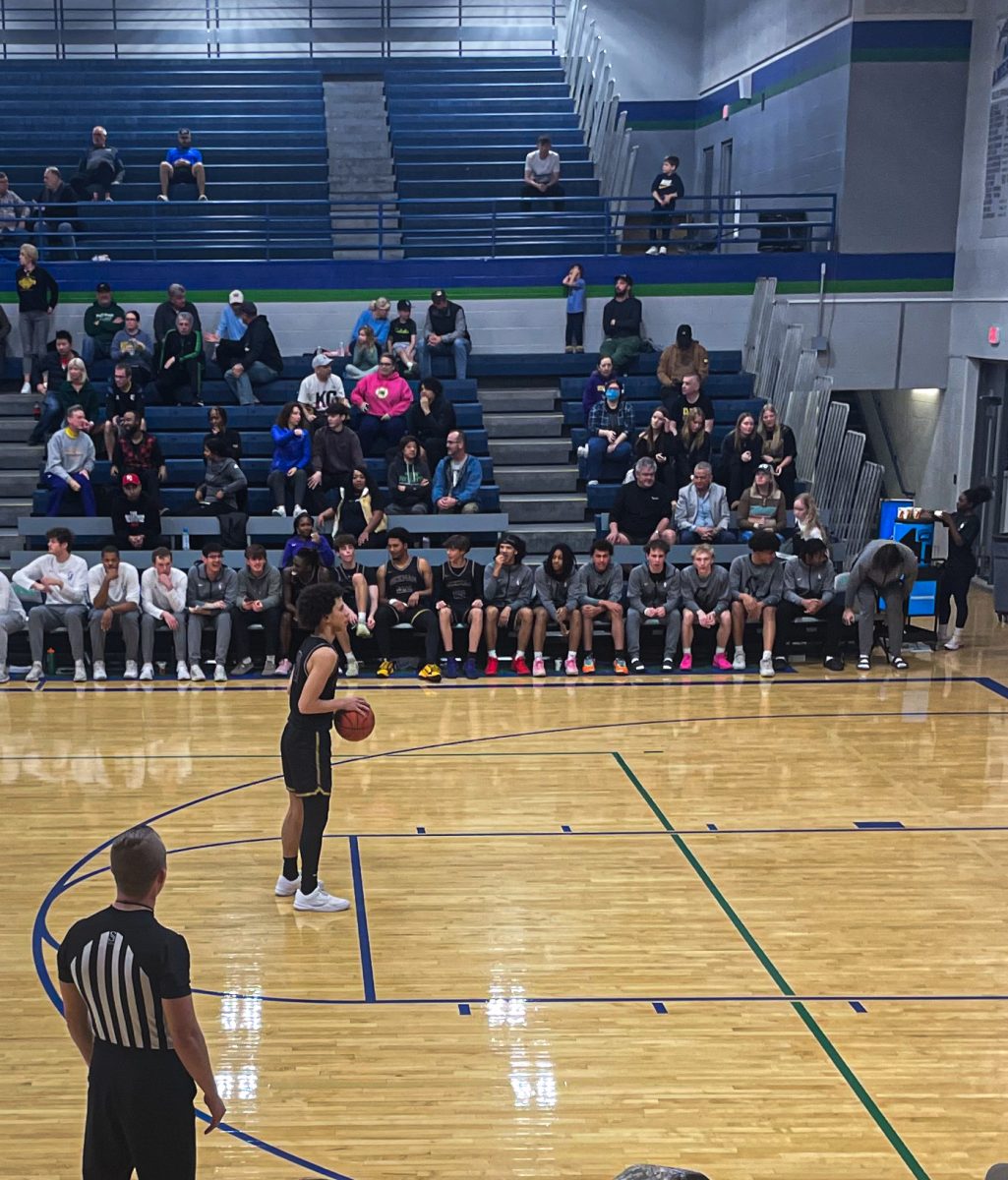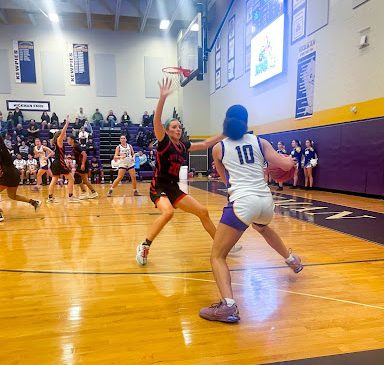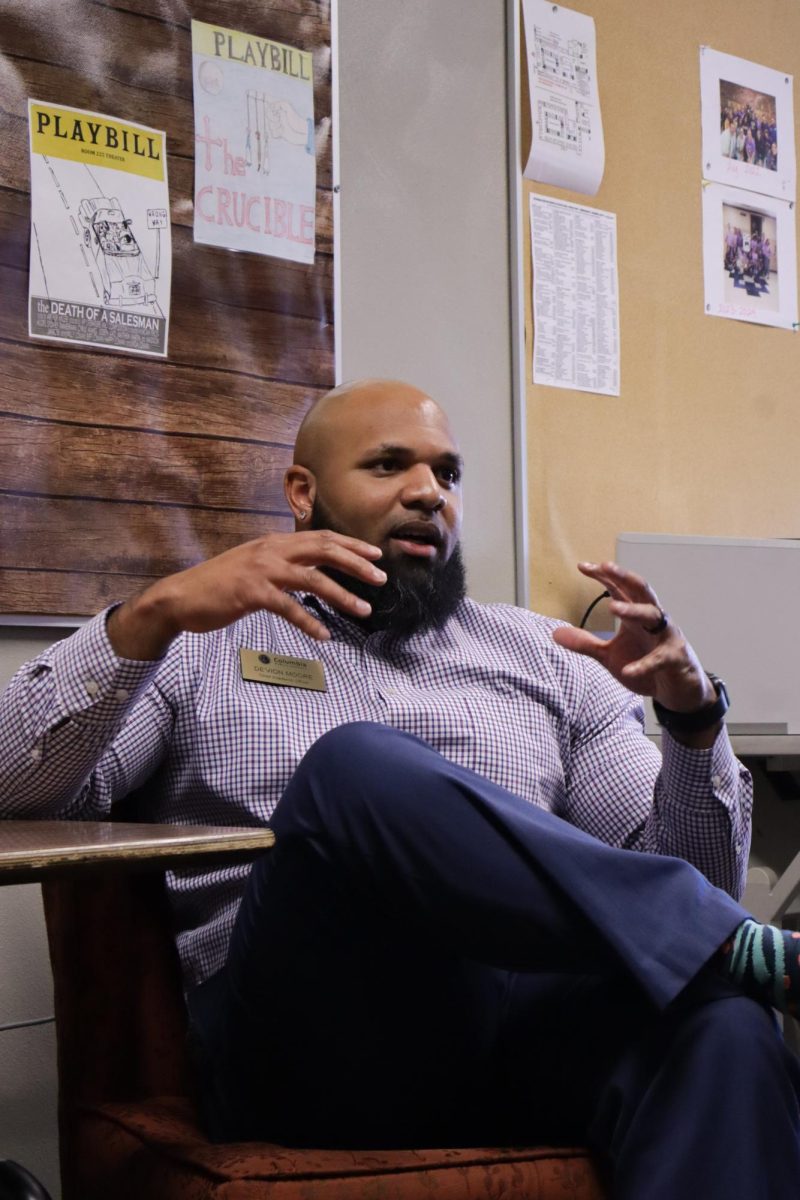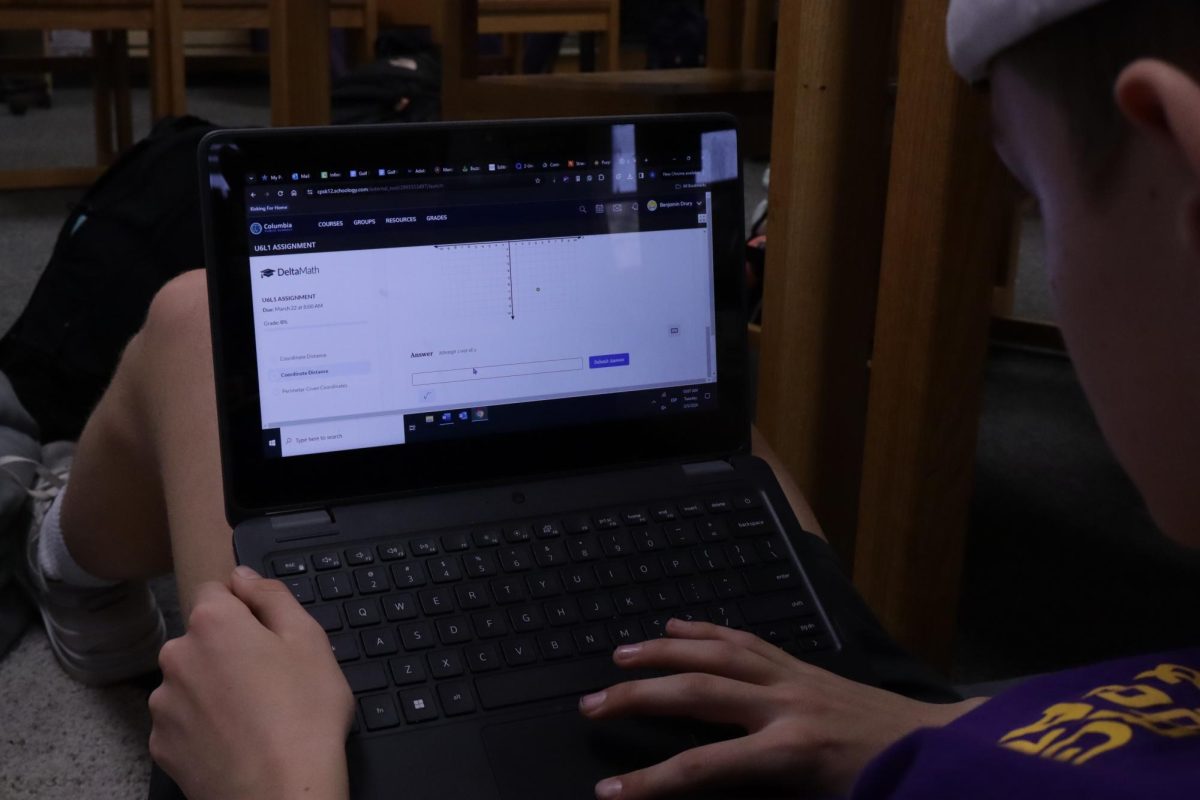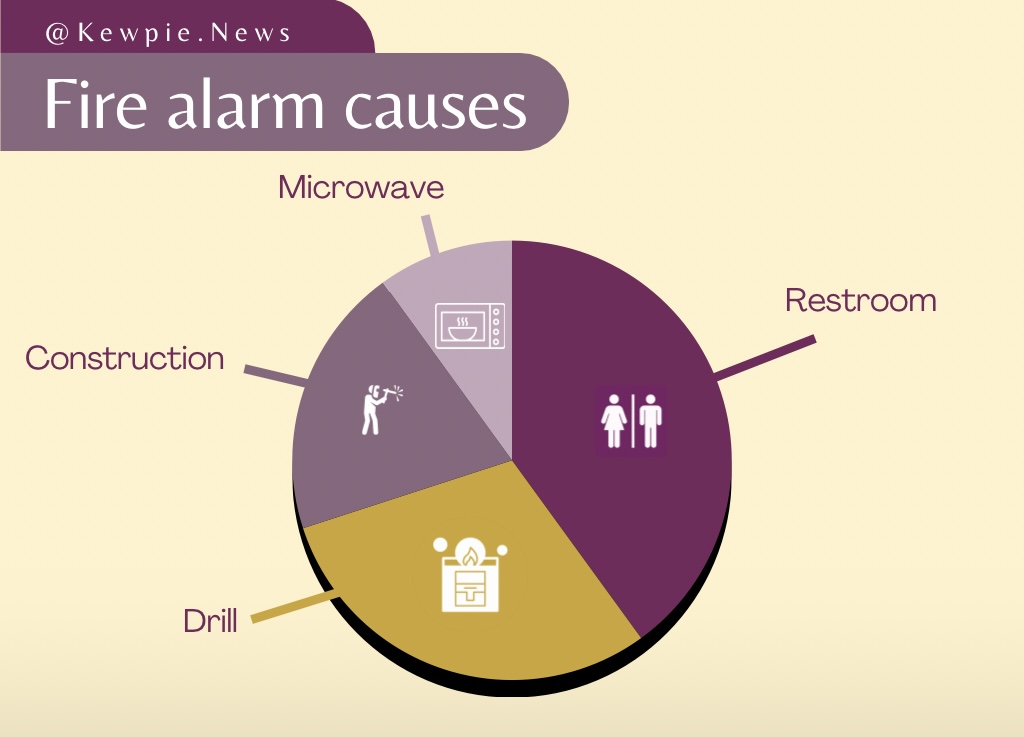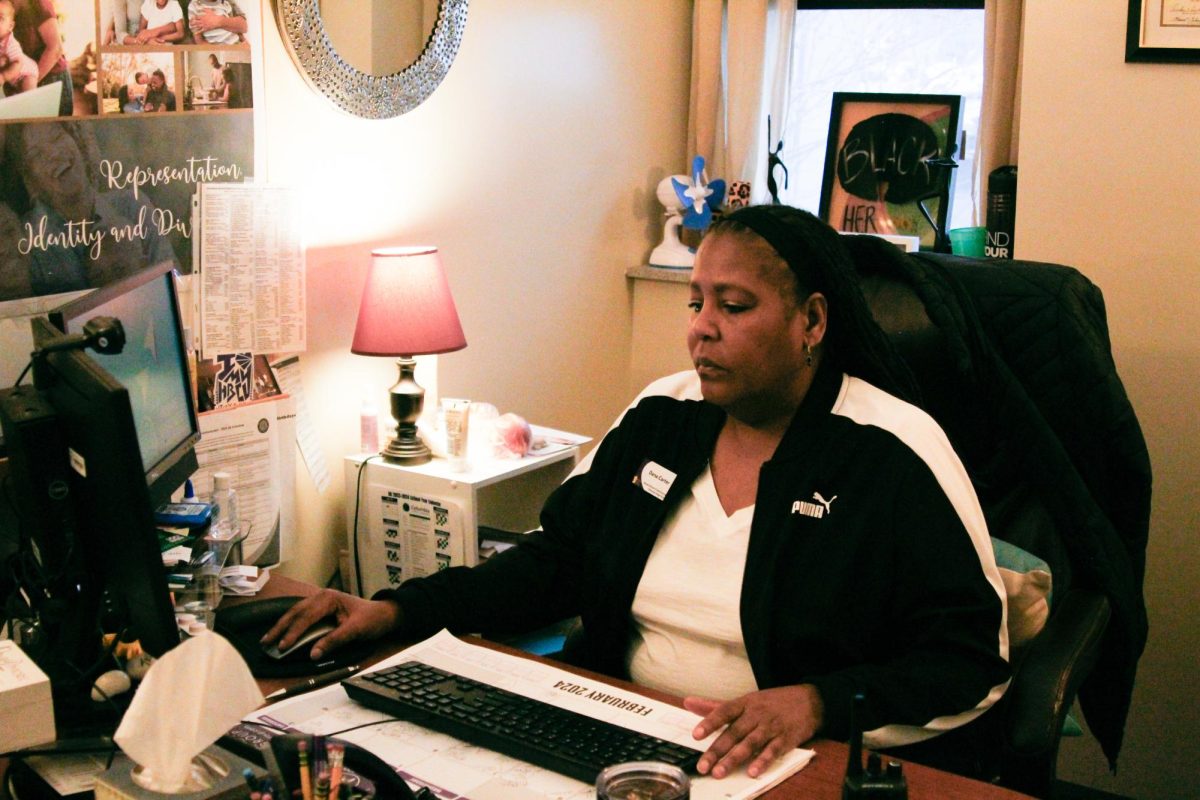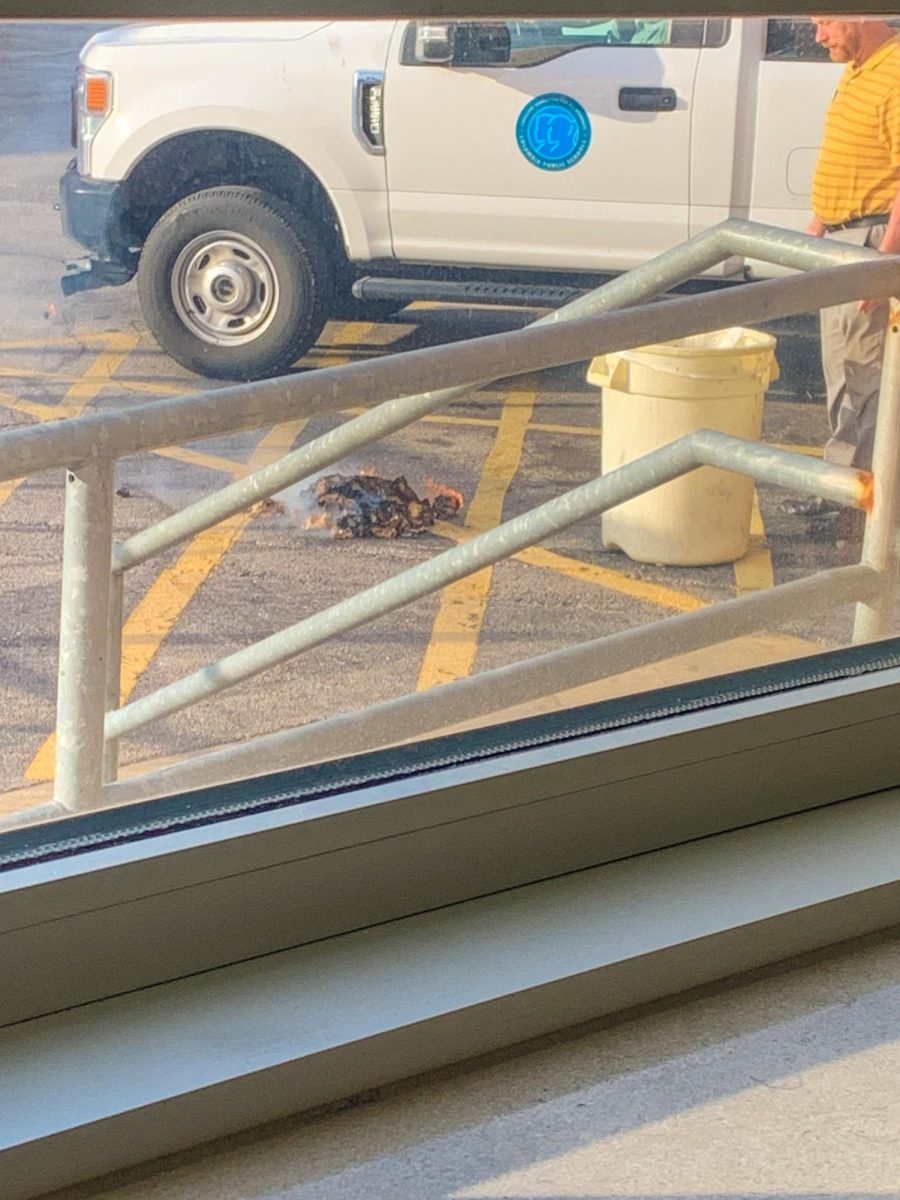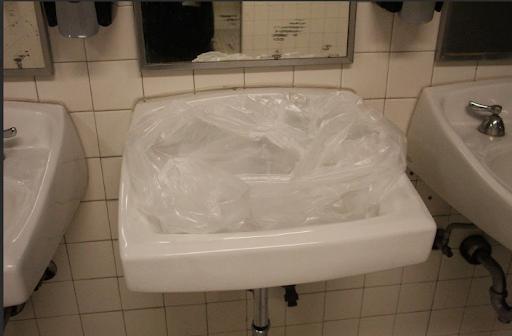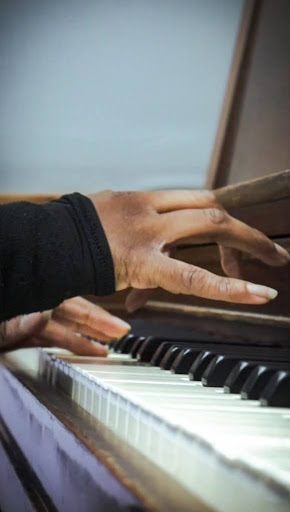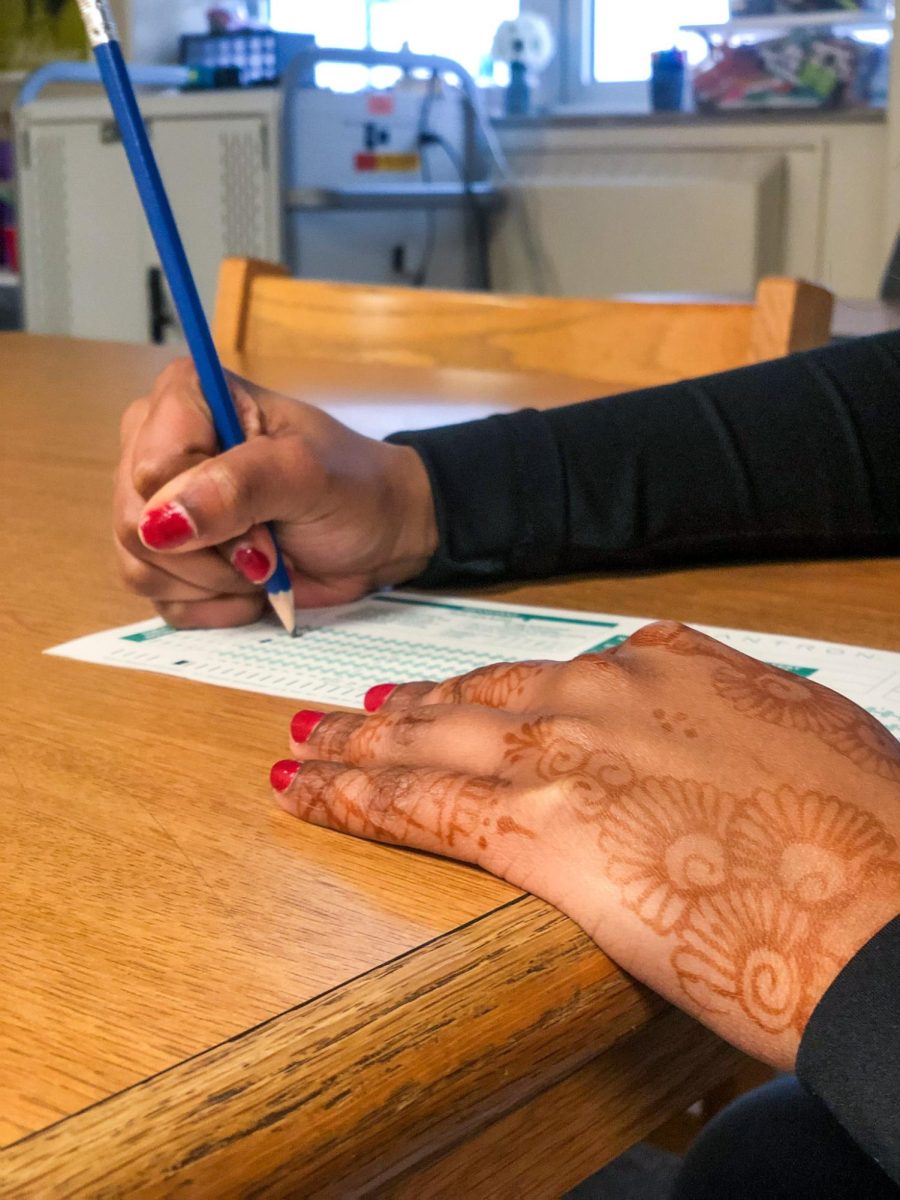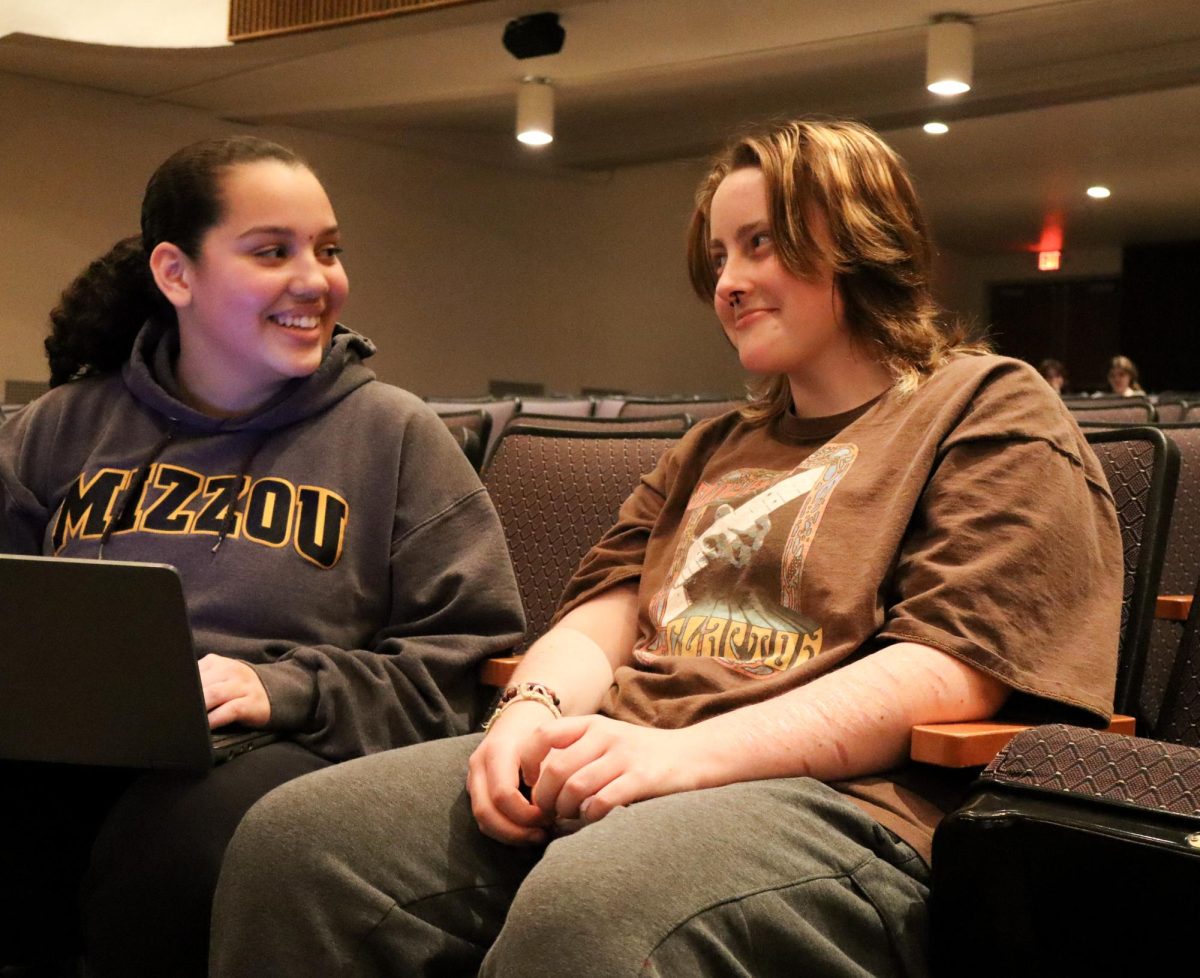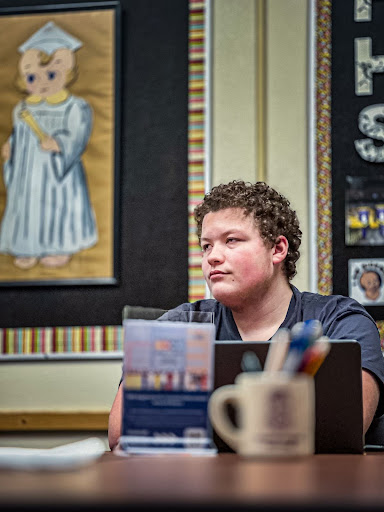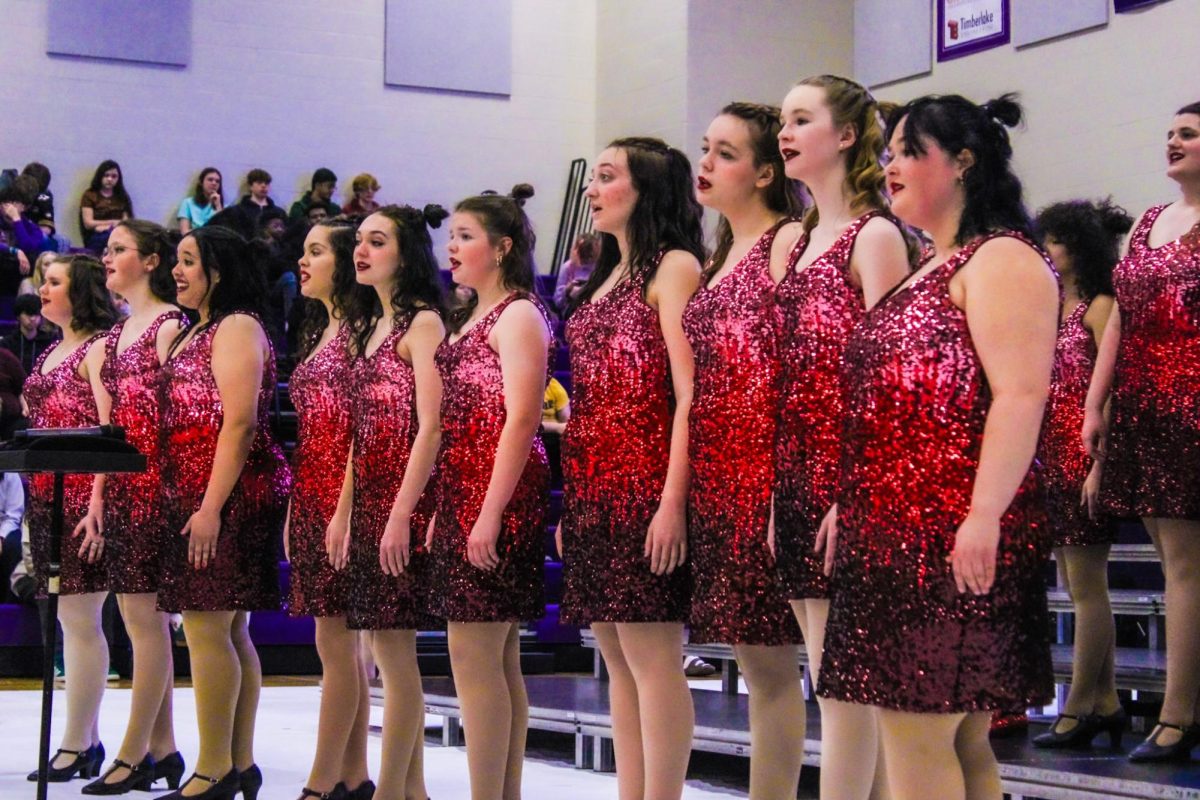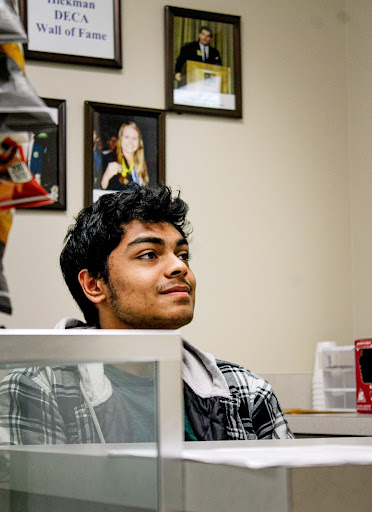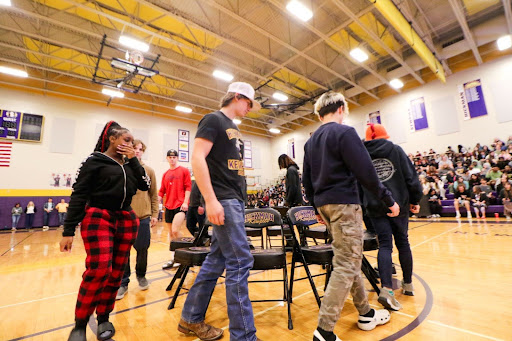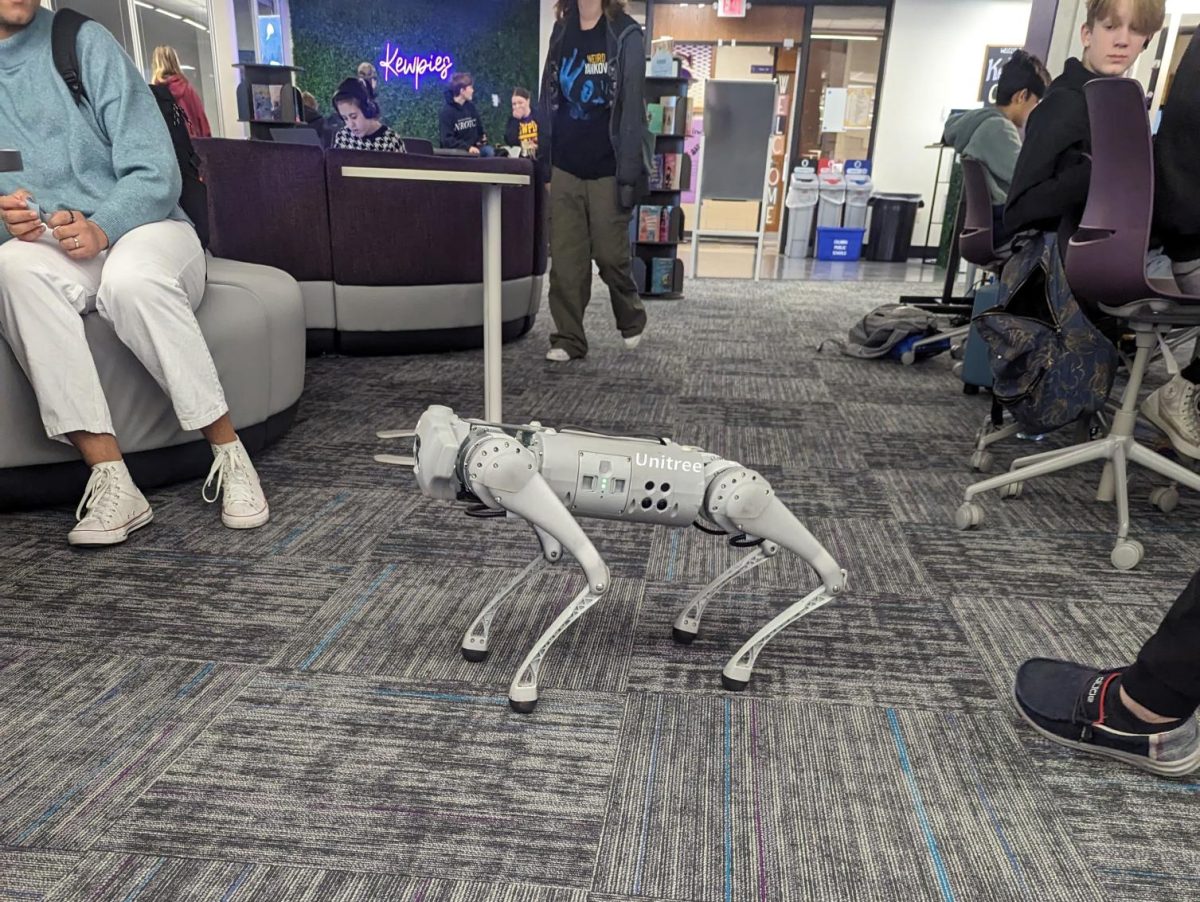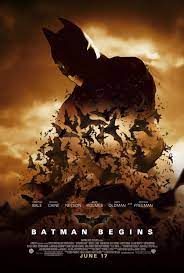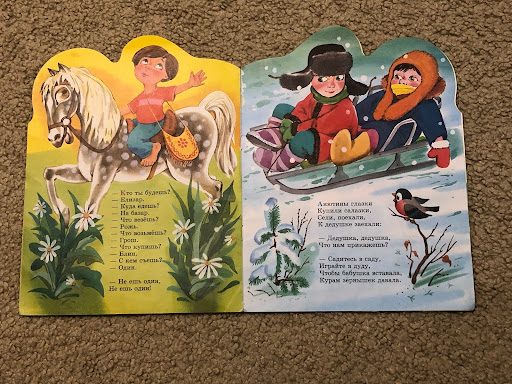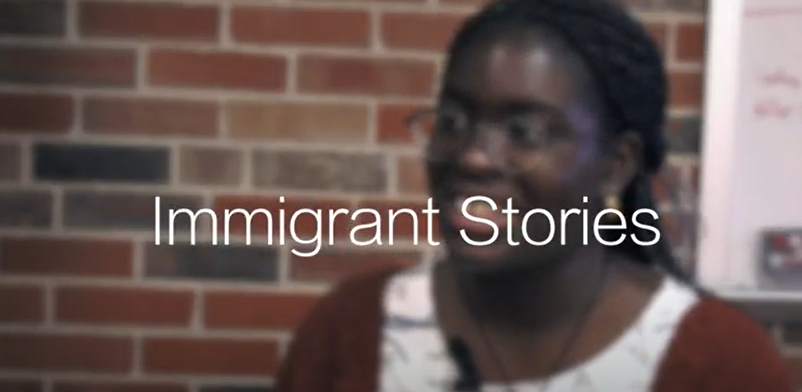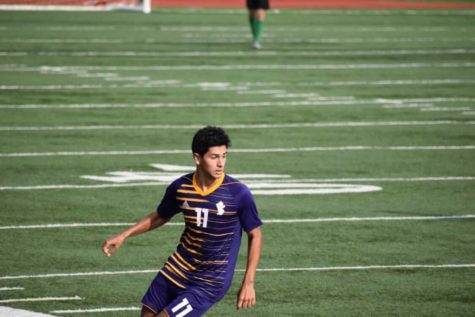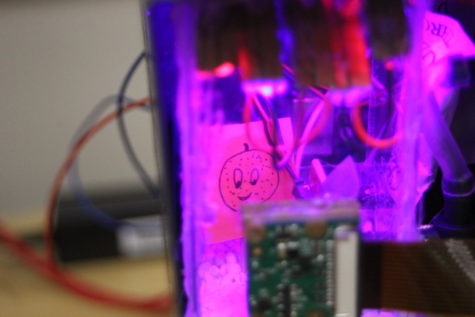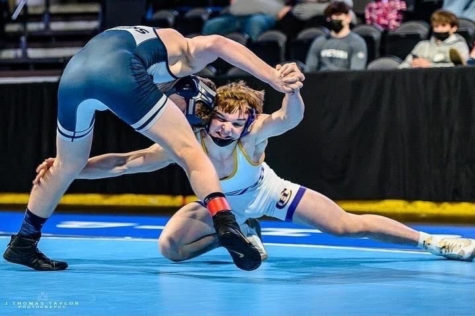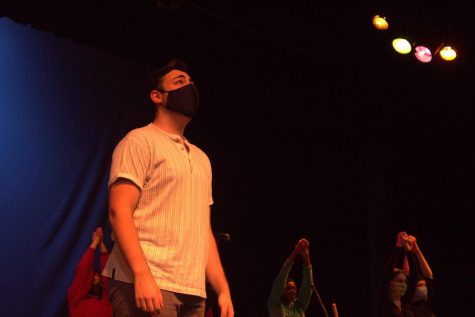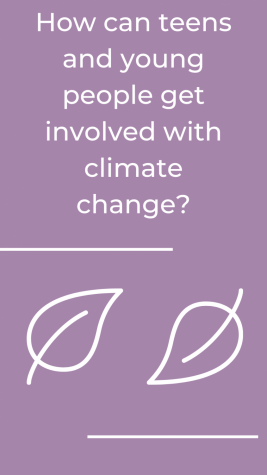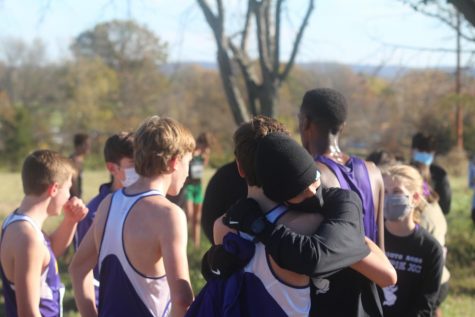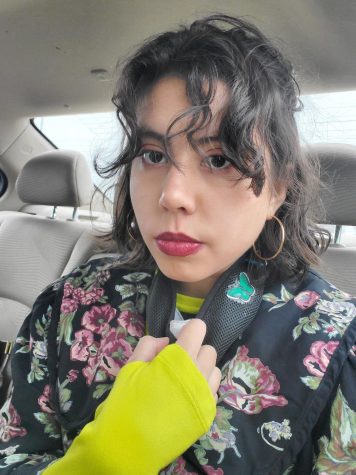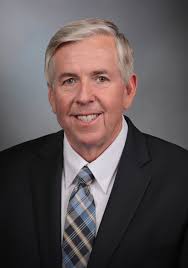Hidden
A gritty and personal story that’s beneath society’s cracks.
Sitting down, flipping and gazing at the photo album pages filled with photos, she’s had a great childhood growing up. But there was something that deeply affected her emotionally.
“I was in so much pain. But I didn’t show it. They instantly left out my family like it was nothing, as if they didn’t even care about or loved my family and I. We were very close, but after what they did to me, I couldn’t even think about them the way I used to,” the interviewee, who wishes to remain anonymous, talks about her older sibling, who sexually assaulted her multiple times.
It happened when they were both young. And after her sibling became estranged, she felt as if she was staying in one place, “during a time in my life I felt stuck; I felt disgusted with myself even though it wasn’t my fault… I didn’t want that.”
According to Selected Resources on Sibling Abuse: An Annotated Bibliography For Researchers, Educators and Consumers, the definition of sibling abuse is the physical, emotional, and/or sexual abuse of one sibling by another. Though several studies prove that it is far more common than parent to child abuse ( A 2002 study by the U.S. Department of Health and Human Services found that at least 2.3 percent of children have been sexually victimized by a sibling. By comparison, 0.12 percent are sexually abused by an adult family member), chronic maltreatment by siblings has only recently become the subject of serious clinical study.
From a 2009 study by U.S Depart of Justice, more than one in three cases of sexual assault against children in the U.S. are committed by other minors; siblings are often the perpetrators.
SSA (Sibling Sexual Abuse) has been either unnoticed by families or unreported by victims, causing it to go seemingly unnoticed. Another factor within this is various ethnic perspectives; A study by Journals of Family Issues determined the European Americans are more likely to report SSA than other ethnic groups, African American, Native American, Latino/Hispanic, who won’t even acknowledge it due to its deeply personal nature.
A survey of eight hundred college students reported by David Finkelhor in Journal of Marriage and Family Counseling concluded that approximately 15% of females and 10% of males reported being sexually abused by a sibling during their childhood.
SSA has been put out in the media, from the reality show 19 Kids and Counting co star Josh Duggar’s allegations on him molesting at least one of his sisters, and Lena Dunham’s memoir Not That Kind of Girl retelling accounts of her sexual curiosity with her infant sister when Lena was a child, lighting a conversation on the line between curiosity and abuse. The television show Game of Thrones presented us Cersei and Jaime Lannister’s infamous incest relationship, causing a stigma on sibling abuse.
With this, society has overlooked this form of abuse as “that’s what kids do,” or “that’s incest,” when the other child didn’t even consent, leading the effects of significant and damaging sibling abuse being minimised or even dismissed entirely.
Talking about how it affected her, she cries saying, “I felt like I didn’t belong in the world. I didn’t feel that I could get over that time and accomplish great things with my life; [I] felt like I was nothing. I didn’t really process it; the build up of the flashbacks and the pain and resentment until it was too much. I held that aggression and lashed it out on people and held grudges on people whenever they would hurt me or disappoint me.”
She asks for a moment to take a deep breath after sobbing, then speaks again, “I finally told my parents when I became older. It wasn’t that I blamed them for what happened, not at all, I was just afraid how they would react because that was like their child as well who they love. My parents were upset and shocked, comforting me and talked to me, and gave me a type of closure I didn’t get with my older sibling; a closure to that part of my life.”
I asked her if she could ever forgive her sibling for doing that to her, with her responding with, “I forgave them just for the sake of moving on. For the longest time I did want to react revenge to them, but I realized it wasn’t going to take away what already happened a long time ago. Revenge is in God’s hands, not mine.”
Looking in research, studies went deep into sibling perpetrators who carried multiple intentions with what they’ve done, from getting some type of sexual gratification, to bully the other child, or to repeat something they learned or experienced, not being the typical sexual exploration.
This knocks the idea that SSA and sibling abuse in general is just a “normal” thing, but the offender isn’t a stranger; it’s a sister or brother, and that affects not only the person they’re abusing, but the whole family.
Experts from Washington Coalition of Sexual Assault Programs research a family’s perspective on sibling sexual abuse, determining that treatment should involve the entire family, and both the perpetrator and the victim are children and require treatment and equal concern, ensuring safety for the survivor-child and possibly other children, and engaging the entire family to prevent more occurrences and to begin the process of recovery.
When I asked if she got therapy, she paused for a moment, then opened up, “while I do see myself as someone whos became stronger, I know that it’s okay to have days where you need to at least talk to someone instead of bottling it all in. I fear to be labeled as mentally ill or a victim when I know i’m not; i’m a person, a voice. I’ve grown a lot throughout my life, and I will be continuing to grow, it doesn’t just magically stop.”
She indeed has grown. Being occupied with various hobbies, hanging out with friends and her family, and figuring out what she wants to do as a career, like all teenagers do. “I see myself doing anything I put my mind to. I seriously thought about becoming the next Chef Boyardee,” she smiles then breaks into laughter.
Sibling Sexual Abuse is a very complex issue that we as a society don’t want to imagine, but it is a reality that we should face. A lot of things should be considered and making generalizations based only on our first reactions need to be cautioned.



